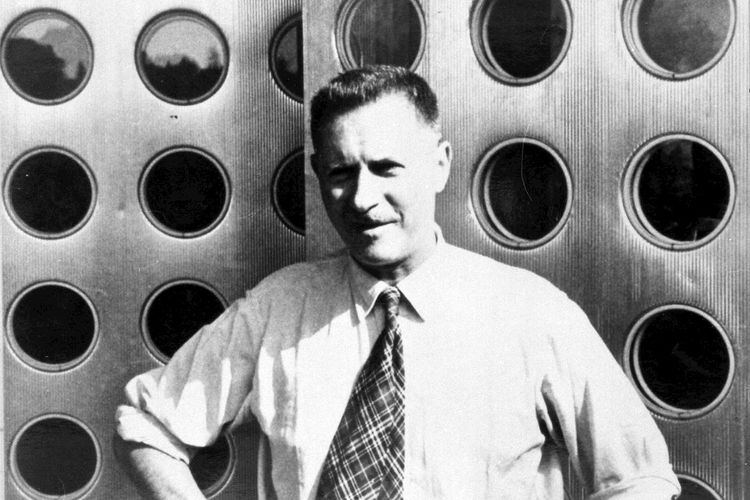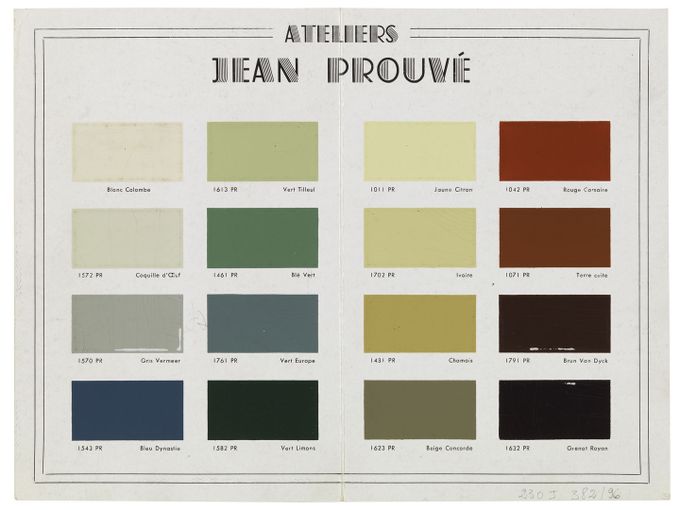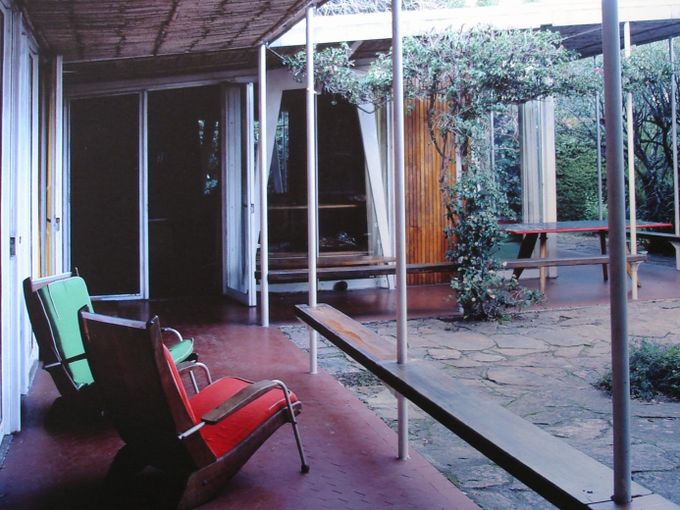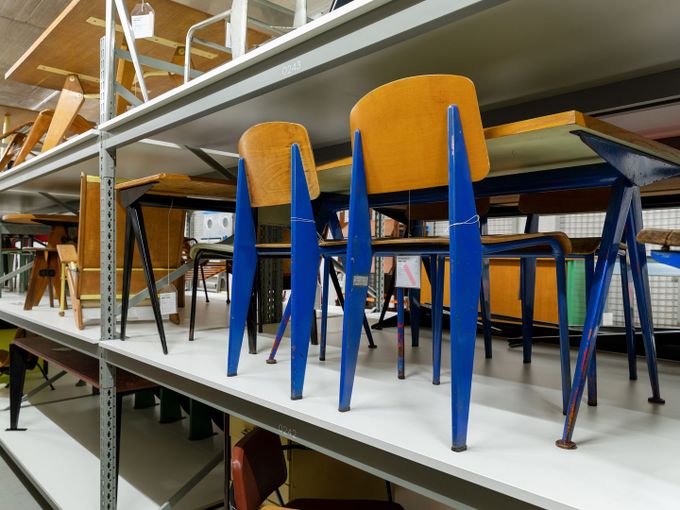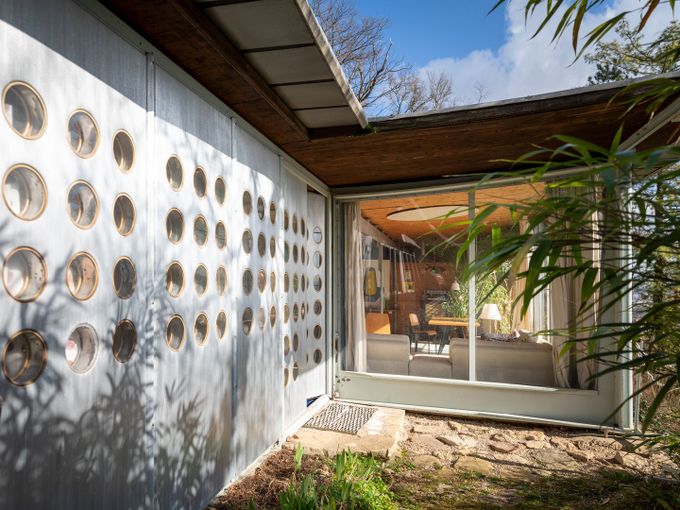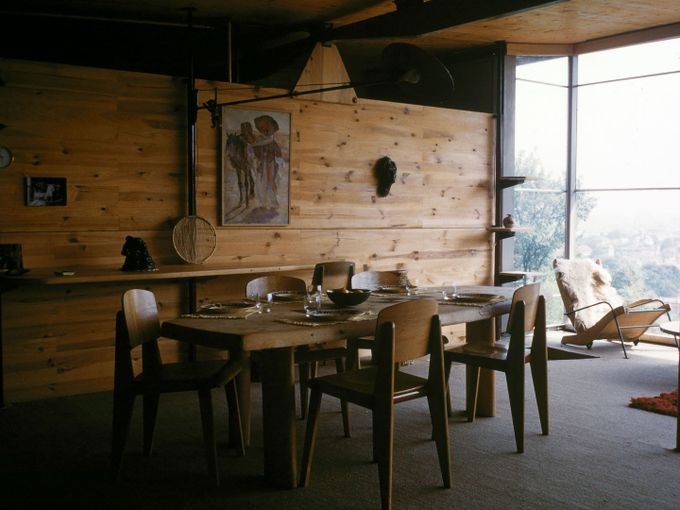ProductsChairsLounge chairsSofasOffice chairsChaises longuesStools & benchesSculpturesConference chairsAirport seatingStorage spaceMicro architectureDining tablesCafé tablesCoffee & side tablesDesksOffice furniture systemsConference systemsLightingClocksDecorative objectsCoat racks & wall shelvesTrays & vesselsNewBestsellerColour & materialAlexander Girard Antonio CitterioBarber OsgerbyCharles & Ray Eames George NelsonHella JongeriusIsamu NoguchiLounge chair finderOffice chair finderGift finderCare & repairCare productsManufacturer warrantyVitra Circle StoresEndless configurations for all needs: Anagram SofaWe have a gift for you!InspirationsLiving roomDining roomHome OfficeChildren's roomOutdoorHome StoriesAugmented RealityColours & materialsWorkspaceFocusMeetingWorkshopClub OfficeCitizen OfficeStudio OfficeDynamic SpacesHospitalityAirportsEducationCo-WorkingHealthcareOur ClientsA case for classicsOffice chairsDancing OfficeHome StoriesAugmented Reality - bring Vitra products into your homeA case for classicsColour & materialAn open house A leading space for a leading art collegeHigh comfort of low energyAn office landscape - without walls or partitionsServicesCare & repairCare productsManufacturer warrantyFAQ and contactInstructionsInstructions for earlier productsConsulting & Planning StudioVitra Circle StoresConsulting & planning in the VitraHausOutdoor care instructionsRepair, maintenance, overhaul at the Vitra Circle Store Campus ProfessionalsCAD dataProduct factsheetsCertificatesBrochuresSustainability reportInstructionsEcology informationpConPlanning examplesColour & Material LibraryCertificates and standardsTo the dealer loginOur ClientsAnagram SofaMikadoTyde 2 on castorsACXDancing OfficeOffice chairsMagazineStoriesConversationsExhibitionsDesignerProject VitraJust Do It!EVER GREENWhy the Eames La Fonda Chair was designedWhen a Sofa is more than just a Sofa: Anagram100% virgin wool – 100% recyclableAn archive is like a time capsuleVitraHaus Loft - A conversation with Sabine MarcelisWalking the talkA 1000 m2 piece of furnitureFrom a toy to an objectA studio visit with Tsuyoshi TaneThe Eames Collection at the Vitra Design MuseumAbout the partnership between Eames and VitraVitra CampusExhibitionsGuided tours & workshopsFood and drinkShoppingActivities for familiesArchitectureYour eventPlan your visitVitra Campus appCampus EventsNewsVitraHausVitra Design MuseumVitra SchaudepotVitra Circle Store CampusOudolf GartenAbout VitraSustainabilityJobs & CareersDesign processThe Original is by VitraHistory - Project Vitra
Biography
Jean Prouvé completed his training as a metal artisan before opening his own workshop in Nancy in 1924. In the following years he created numerous furniture designs, and in 1947 Prouvé established his own factory. Due to disagreements with the majority shareholders, he left the company in 1953. During the ensuing decades, Prouvé served as a consulting engineer on a number of important architectural projects in Paris.
‘I’m not an architect; I’m not an engineer – I’m a factory man.’
Jean Prouvé
He left his mark on architectural history again in 1971, when he played a major role in selecting the design of Renzo Piano and Richard Rogers for the Centre Pompidou as chairman of the competition jury. Prouvé's work encompasses a wide range of objects, from a letter opener to door and window fittings, from lighting and furniture to façade elements and prefabricated houses, from modular building systems to large exhibition structures – essentially, almost anything that is suited to industrial production methods.
In close cooperation with the Prouvé family, Vitra began in 2002 to issue re-editions of designs by this great French constructeur.
In close cooperation with the Prouvé family, Vitra began in 2002 to issue re-editions of designs by this great French constructeur.
Jean Prouvé Collection
Vitra is now revising the collection with new colours and introducing a number of lesser known designs.
Discover more
My father, Jean Prouvé
An interview with Catherine Prouvé
‘The Jean Prouvé designs are developed in close co-operation with the family. Questions regarding the details, materials and colours of the earliest models are examined, debated and resolved in intense and conscientious discussions. The commencement of this partnership stands under a propitious star. It continues the work of Jean Prouvé and fills us with deep satisfaction,’ comments Catherine Prouvé.
